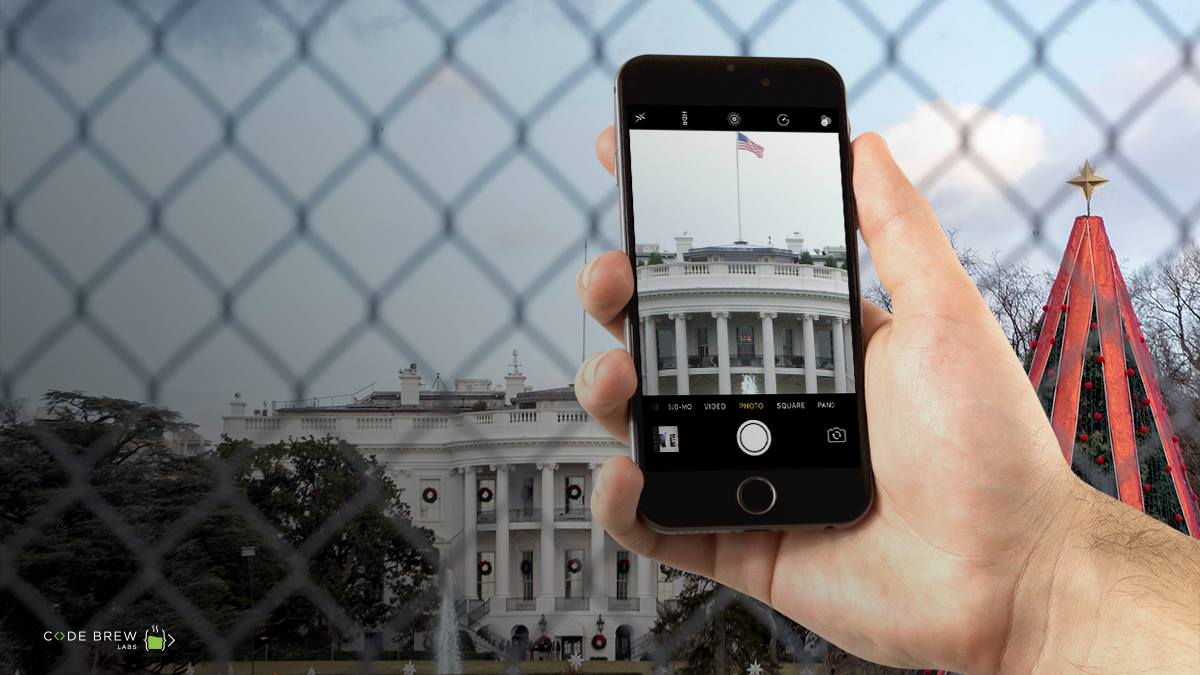Airbnb’s introduction was a watershed moment in the restaurant & hospitality industry. Very soon it became the platform of choice for travelers around the world looking for affordable rental properties. Airbnb’s promise of a local-like experience in a foreign place and comparatively cheaper rates than most hotels were too good to turn down. The outcome of that has been spectacular. Airbnb has seen 5M+ listings worldwide, 400M guest arrivals, and is available in over 1000 cities around the globe.
With that envious reputation, it’s natural that people want to know how Airbnb stacks up against the immemorial Hotel Industry. Has it completely disrupted the Hotel Industry? What are the far-reaching consequences and will Hotel industry make a comeback once again? Such thoughts occupy the minds of travelers and those in the Hotel & Accommodation industry. We’ll look to answer these questions in this blog.
Airbnb – A Threat To Hotel Industry?
STR, a data research firm looked at the key data of Airbnb and some 13 key US players in the hotel industry viz. Starwood, Marriott, Intercontinental Hotels Group etc. The findings were not what everybody might have been expecting. As per STR’s data, the battle between Airbnb and Hotel Industry doesn’t carry much weight. They found that although Airbnb doubled its listings around the world in comparison to major hotel players combined, the former is in no way replacing the hotel industry.
Here’s how – Airbnb’s business model has caused an increase in the number of travelers. In response, Hotels have ramped up their technology and automation game. The competition or a semblance of it has only ensured a much-refined customer experience. But can we call Airbnb a threat to the hotel industry? Not quite, just yet!
Competition Bodes Well For The Industry

It must be acknowledged that people who use hotels would have little or no occasion to use Airbnb and vice-versa. Each kind of traveler is looking for a different experience. In that sense, a comparison between Airbnb and Hotels simply exists on the paper.
But what about the remarkable success of Airbnb? It was nothing short of a revolution in the hospitality industry. True, and in that respect, Airbnb’s influence does carry weight.
We can safely assert that the introduction of Airbnb has given rise to a new class of travelers. People who want a different experience, intermingle with the locals and not spend an exorbitant amount of money on expensive hotels. Airbnb’s strange type of accommodations in the form of tents, Treehouses and shared spaces add another element of curiosity in the mix.
That said, things aren’t all rosy with Airbnb. It’s still banned or facing lawsuits in many cities where hotel lines have their long-established dominance. In places like Los Angles and San Francisco, Airbnb has yet to make a powerful impact. Hotel occupancy is even higher in international locations like London and Mexico City. In such places, Airbnb is just an option for people if they have no luck finding bookings in Hotels.
Final Thoughts
We can be sure that the Airbnb vs Hotel industry debate is only going to get more heated in time to come. Either player will look to increase its dominance and offer more incentives to the customers. But for now, there’s no decisive winner in this struggle. To reiterate the point, Airbnb’s emergence has definitely brought something new to the hospitality industry but it hasn’t diminished the traditional markets. The competition is good and it’s only going to drive the growth of the industry as a whole. The customers have all to gain from it.






